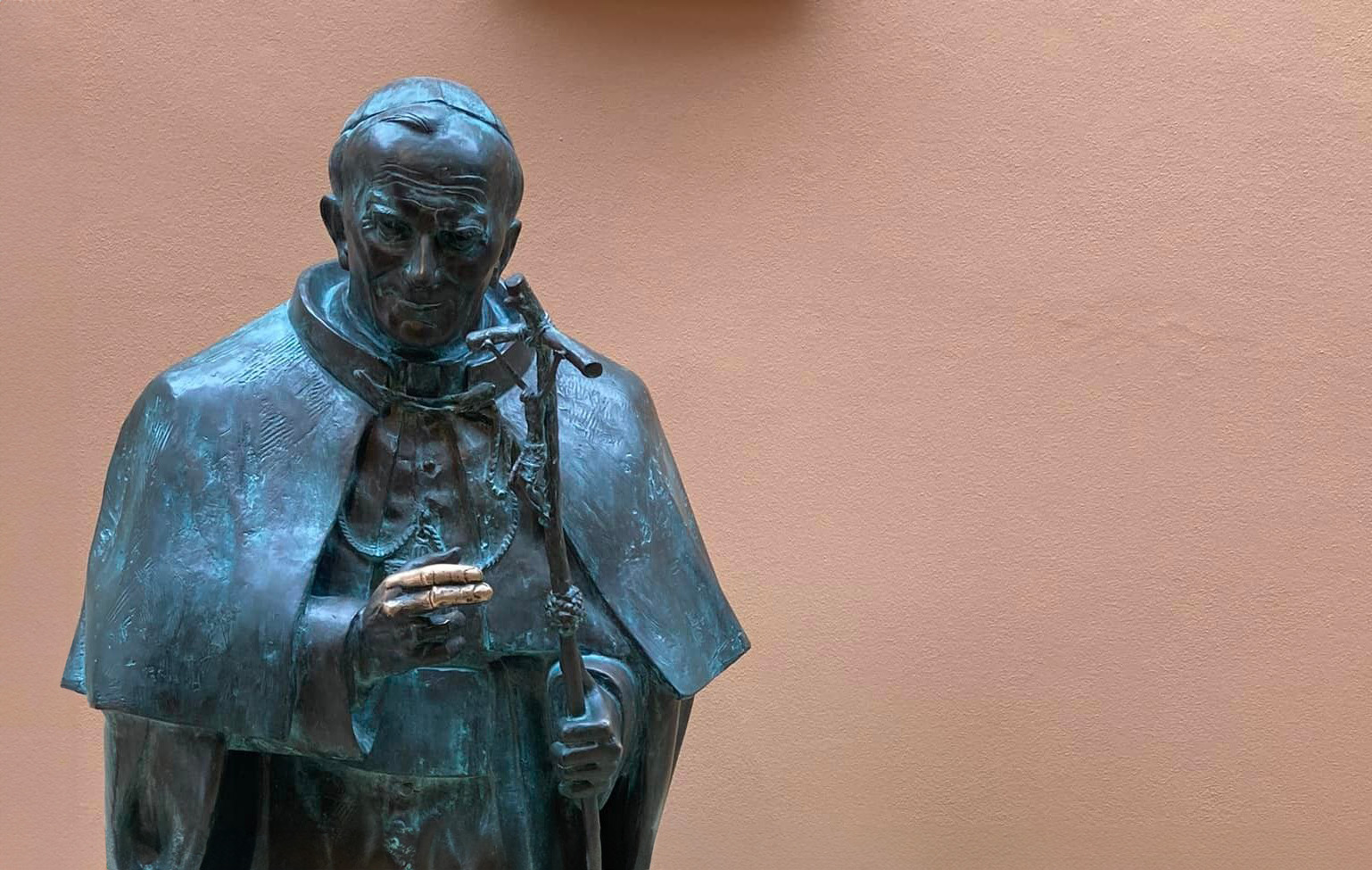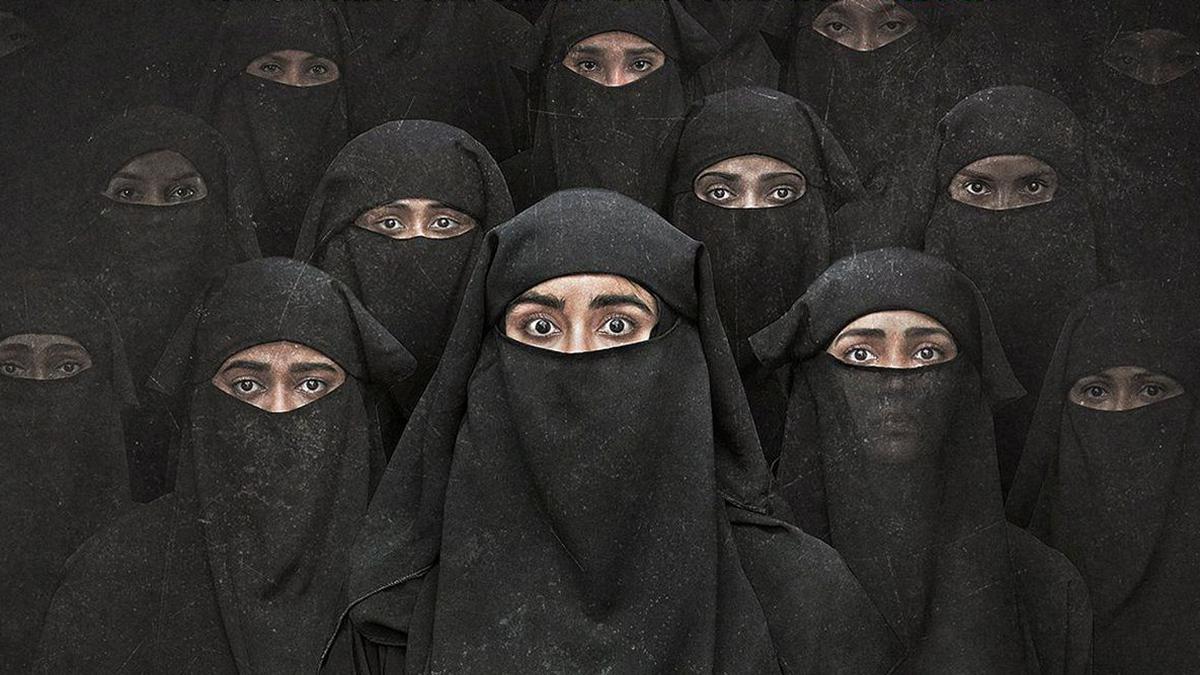Faith formation classes are an integral part of catechism in the Indian state of Kerala. Every Sunday, Catholic children aged 7-17 are encouraged to attend the catechism class, with regular examinations and faith formation activities, and competitions conducted periodically. At the end of each academic year, there are short summer camps. Each diocese designs programmes appropriate for the students based on current issues and topics of interest to create awareness of social realities. The curriculum differs from place to place because of the socio-demographic exposure of the students.
Catechism class is one of the forums where children, irrespective of financial background, come together, whereas, for regular schooling they choose schools based on their affordability. The education environment has a greater impact on the outlook of students. At the same time, while some are well exposed to the modern world, there will also be students from humble backgrounds who will have less knowledge the world around them.
Two weeks ago, the Eparchy of Idukki – a Syro-Malabar diocese in Kerala – attracted criticism for screening Kerala Story to the catechism students, a blockbuster film released in 2023. The film is a controversial one, as it has the elements of propaganda and Islamophobia. Marketed as a true story, the film highlights the so-called “jove jihad” (a conspiracy theory purporting that Muslim men seduce women to convert them to Islam). It claims that thousands of women from Kerala have been converted and recruited by the Islamic State. Prior to its domestic release, the film went through the Central Board of Film Certification (CBFC), which scrutinised it and gave it an adults-only (A) classification, suggesting a number of changes.
Although treated as creative work, the film has its own political agenda. For an ordinary household, it’s both a warning and a precaution about how their kids can be trapped and misused – a particular concern among Christian households, where most girls take nursing studies that require them to move far from home. It is a genuine concern. However, it’s all done at the cost of maligning the sentiments of a religion. Critics feared that the hidden propaganda of the film would upset inter-religious harmony in the state.
In the past few years, terminologies such as “love jihad” and “narcotic jihad” (claiming that Muslims deliberately peddle drugs to other communities) have become common parlance. Although the Catholic Church did not coin these terms, its leaders had made similar warnings to Christians. Such typologies do not suit a secular country, as they encourage Islamophobia and stereotypes, although terminologies of religious extremism are common in India – thus “Hindutva” refers to extreme Hindu nationalist groups, while “conversion” typically refers to an imagined threat from Christian proselytism.
The film screening by the Idukki diocese was the right action at the wrong time! Once the news came out, the day after the screening, many commentators questioned the Church’s sense of responsibility over safeguarding secularism – threatened by the propaganda of the ruling Hindu nationalist government – and charged the diocese with violating the children’s right by showing them an A-certified movie. Social media made it a political issue, alleging a nexus between the Church and the BJP government. Priests and bishops also responded, reiterating the values of the Gospel and condemning the screening. Nevertheless, the Idukki diocese responded that it was not done for political purposes but as an awareness programme for students aged 15-17.
Although large-scale “love jihad” is a myth, the strong undercurrent of Islam-funded activities in Kerala and elsewhere do call for a serious interrogation. Some have expressed suspicion about the presence of Muslim women and children at the protests against the local Bishop Franco Mulakkal of Jalandhar when he was charged in 2018 with raping a nun (and also about the funding of the nuns’ agitation over the four years before Mulakkal was acquitted). There have been other sporadic incidents – such as a mob of mostly Muslim boys attacking a priest who tried to shoo them away from his church while Adoration was going on inside – which fuel speculation that we are ignoring the fire in the ashes.
Barely two weeks after The Kerala Story screening, Hindutva hooligans attacked a missionary school in Telangana, another southern state. They ransacked the school properties and manhandled the priest in charge there. Compared to the outcry that arose after the screening of Kerala Story, this incident scarcely attracted social media attention! It is not the first time that a missionary institution or individual has been attacked and the rest of the Christian community kept a strategic silence. When Sr Mercy, a Carmelite nun, was put behind bars for weeks charged with abetting a school pupil’s suicide, there were no women groups that came up with statements supporting her release. This is selective sentimentalism – I wonder whose side we are on. Is it the injustice systems of the society we are fighting, or are there personal agenda perpetuated for political and monitory gains, even among Christians?
The screening of The Kerala Story in one diocese and the commotion that followed paved the way for the indirect promotion of the film. In retaliation mode, some other dioceses screened the films for the youth in their respective places. The entire episode stormed social media with arguments and counter-arguments. However, it’s not clear what impact it had on the ordinary faithful living in Kerala is doubtful – they have first-hand information about what really goes on in their state. Interestingly, most of those who condemned the diocese are not residents of Kerala. In India, one size does not fit all: each state and region is unique with its ideologies, perspectives and challenges.
Whatever the reason the Idukki diocese defended the screening, I can’t endorse it given India’s political scenario. Although The Kerala Story is a piece of art, it is also a propaganda film and it is not ideal for children. I think screening it was unwise. However, the debate on it must be civil and dignified – and civility and dignity have been lacking.
As to the issues raised by the film, the Church needs to reflect as to why our catechism is not effective in building up faith, and to have honest conversations with youngsters about the kind of issues raised by The Kerala Story, with great care as not to create inimical feelings between religions. It is time for honest debates without demonising anyone. Dealing with the facts with courage.
We do not have to whitewash and deny Islamic terrorism – its exists. However, the solution is not to embrace the BJP’s vision. We don't have to befriend the BJP because of the threat from Islamism, nor vice versa. We do not have to compromise or take sides. The Church needs to uphold constant inter-religious dialogue and guard secularism without needlessly hurting either Hindu or Muslim sentiments.
Tessy Jacob is a member of the Missionary Sisters Servants of the Holy Spirit.



 Loading ...
Loading ...
What do you think?
You can post as a subscriber user ...
User comments (0)